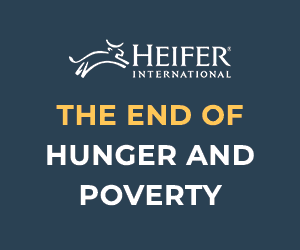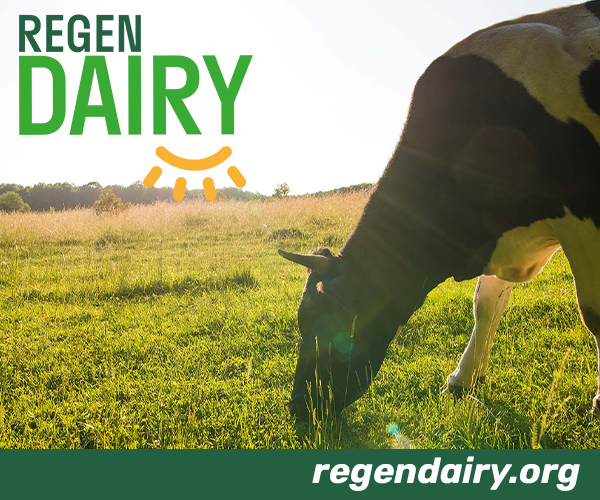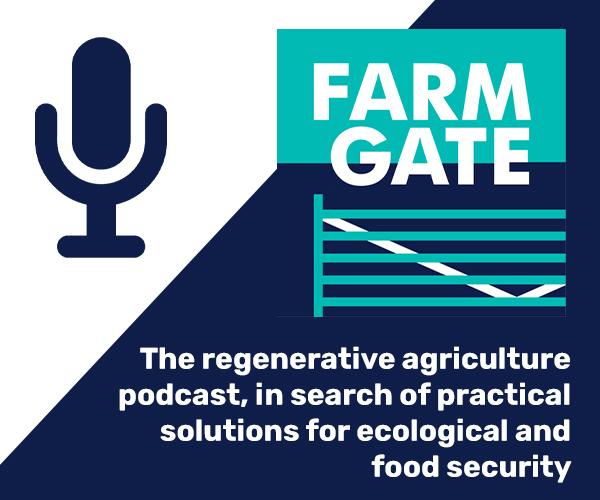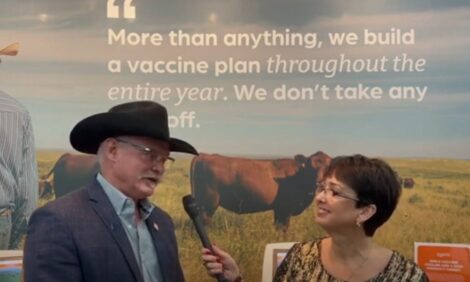



Use of colistin in animal feed is increasing antibiotic resistance amongst humans
Oxford and Faisalabad study observed increased colistin-resistant E.coli in the environment and livestockThe antibiotic colistin is being widely used to prevent infections and promote growth in animals grown for human consumption such as poultry, a new study at the University of Oxford has found.
Colistin is one of the few antibiotics in the world that is used as a last-resort treatment for multidrug-resistant infections including pneumonia. It is deemed of critical importance for human medicine by the World Health Organisation.
The study, led by researchers at the University of Oxford, UK and University of Agriculture, Faisalabad in Pakistan, found that although colistin use in farming has been banned by many high-income countries including China and those in Europe, many of these countries still export colistin to low- and middle-income countries such as Pakistan, Nigeria and Bangladesh.
The international research was a collaboration between the University of Oxford, University of Agriculture, Faisalabad, National Institute of Health in Pakistan, Ahmadu Bello University in Nigeria, Dhaka Medical College Hospital in Bangladesh and Cardiff University.
Despite global agreements on limiting the use of antibiotics in farming, the lack of regulation at the trade and national level means the drug is used extensively in countries where other treatment alternatives are expensive or inaccessible. The study also identified a range of colistin products manufactured to be used in pediatrics and marketed as ‘Antibiotic – Anti diarrheal’.
Researchers have identified a growing prevalence of colistin-resistant E. coli isolated from the environment and food animals in Pakistan, in 7% of samples compared to the global average of 4.7%. The resistance was also observed in human isolates.
Professor Timothy Walsh, Research Director at the Ineos Oxford Institute for Antimicrobial Research, co-lead author of the study said, "The use of human antibiotics in animal feeds is one of the largest drivers on antibiotic resistance globally. While many high-income countries have reduced their usage of antibiotics in farming, paradoxically, they are still exporting drugs like colistin to low-income and middle-income countries. We need to stop using human antibiotics for animal feeds. However, such a ban without alternative solutions will lead to a decrease in meat production, increase in prices and loss of income for farmers. One of our key areas of focus at the Ineos Oxford Institute is to develop new drugs that can be used exclusively in animal feed. In the meantime, we need to support farmers to improve farm hygiene and protect animal welfare with the aim of decreasing reliance on human antibiotics."
The major study published in The Lancet Microbe found that farmers using these drugs have limited understanding of the consequences of colistin usage and highlights the importance of supporting farmers to make sustainable improvements including better hygiene to their farming practices.
Dr. Mashkoor Mohsin, University of Agriculture, Faisalabad, Pakistan, co-lead author of the study said, “We need to change the way we manufacture, trade, license and use antibiotics for veterinary purposes. At the same time, we cannot ignore animal welfare nor the welfare of farmers in countries like Pakistan and Bangladesh. Such a global shift will require considerable commitment from national governments, financial institutions, pharmaceutical companies and international trade regulators.”








